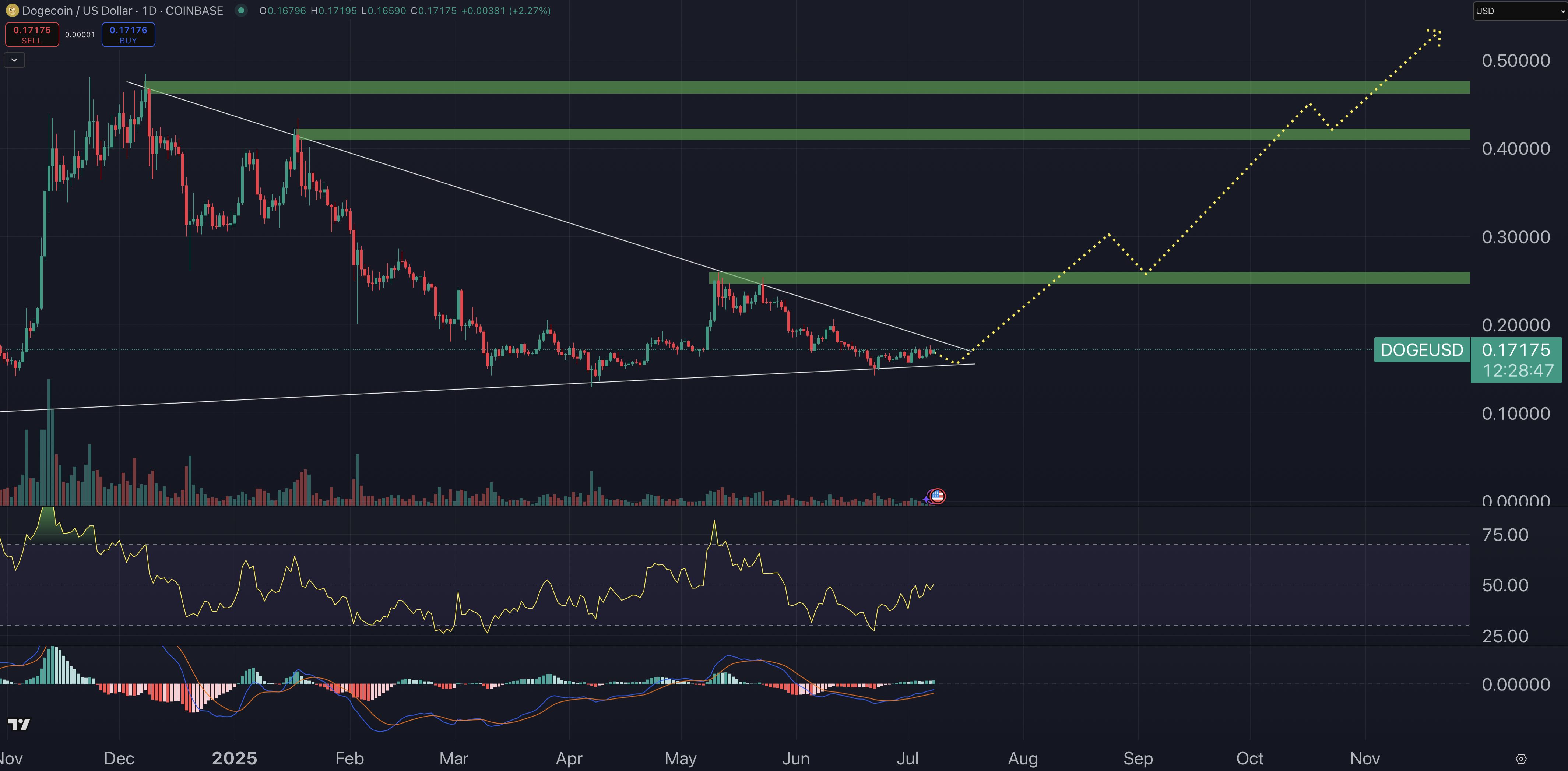Bettmann Archive
Bettmann Archive
In his new book, Speak-Up Culture, author Stephen Shedletzky delves expertly into the essence of fostering organizational environments where individuals feel valued enough to voice their opinions. However, it’s not merely about speaking; it’s about cultivating a culture that embraces and celebrates being heard. In our enlightening conversation, Shedletzky shares four critical points worthy of every leader’s attention.
The Importance of Psychological Safety
Leaders must go beyond simply encouraging open dialogue. The responsibility is to shape an ecosystem where individuals can freely share, critique, and innovate without fear of repercussions. Shedletzky insightfully states, “It’s the work of leadership to create less fear, not fearlessness. It’s an idealized notion that doesn’t exist, and quite frankly, fearlessness is dangerous.”
This perspective rings true in today’s workplaces, where potential groundbreaking ideas are often suppressed due to employee apprehensions. Authentic leadership acknowledges that psychological safety is paramount, not a mere afterthought. By fostering a genuine sense of care, leaders set the stage for innovation, collaboration, and significant organizational development.
The Dual Responsibility of Speaking Up
Shed
Stephen Shedletsky
Leadership transcends titles and positions. It’s about guiding, mentoring, and fostering individual strengths for collective benefit. Shedletzky captures this sentiment, stating, “Leadership isn’t about catching more fish. It’s about teaching others how to catch fish in their own right and in their own way. Leadership isn’t about ‘you could be the next me,’ it’s ‘you’re the next you’ and let me do what I can to help you figure out what are your strengths and limitations.”
This way of thinking underlines the shared responsibility in shaping a culture of openness, a key tenant of speaking up. Team members ought to feel empowered to voice their perspectives, while leaders should be receptive, valuing their various contributions. In an atmosphere enriched with mutual trust, organizations can truly harness the collective intelligence and creativity of their teams.
The Influence of Organizational Culture
Culture isn’t a mere backdrop; it’s the active force shaping behaviors and performance in any workplace setting. Shedletzky’s intriguing metaphor brings this to light: “So often, when we have people who are underperforming, we blame the people without examining the culture.”
He compares the dynamics to a cucumber transforming into a pickle based on the brine it’s immersed in. The environment, or organizational culture, profoundly influences outcomes, often more than inherent individual qualities. Leaders must be cognizant of the ‘brine’ they create, ensuring it nurtures growth, innovation, and well-being.
A toxic environment can turn the best ‘cucumbers’ sour, while a positive one can uplift even the average performers. Leaders bear the mantle of shaping this environment, ensuring it aligns with the organization’s core values and visions. Who wants sour pickles on their burger?
Vulnerability and Leadership
True leadership often arises from moments of vulnerability.
By sharing his personal challenge with stuttering, Shedletzky not only highlights the importance of giving everyone a voice but also demonstrates the strength in vulnerability: “That experience of knowing what it feels like to be voiceless… I want to be a contributor to helping to create a world where more leaders and teams have safe and healthy ‘speak up’ cultures.”
His openness about his struggles serves as a poignant reminder that leaders are not infallible figures but humans with their own challenges and stories. It’s these stories and vulnerabilities that can enrich a leader’s approach, fostering deeper connections, empathy, and understanding within teams. Leaders should not shy away from their vulnerabilities but embrace them, leveraging personal experiences to create more inclusive and compassionate work environments. Imagine the rapport that can be built with team members—and the speak-up culture it can create—when you’re vulnerable.
In Summary
Speak-Up Culture
Page Two
During our conversation, Shedletzky delved into the foundational principles of his excellent new book, Speak-Up Culture. He underscores the imperative role of leaders in creating environments that prioritize psychological safety and fostering genuine dialogue.
Drawing from his own journey and challenges, Shedletzky emphasizes the power and importance of vulnerability in leadership. His insights—and the book—are a testament to the need for a leadership approach that champions empathy, inclusivity, and an unwavering commitment to ensuring every voice is heard and valued.
And two cheers for pickles on my next burger, too.
Watch the full interview with Stephen Shedletzky and Dan Pontefract on the Leadership NOW program below, or listen to it on your favorite podcast.
_______
Pre-order my next book, publishing in November, Work-Life Bloom: How to Nurture a Team That Flourishes, (You won’t want to miss digging in.)
Credit: Source link










